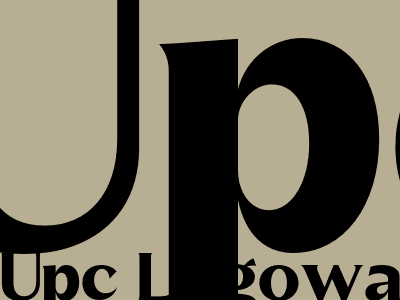Effective Link Building: Essential Tips to Elevate Your Website's Visibility
Introduction
In the ever-evolving digital landscape, link building remains a cornerstone of successful SEO strategies. By acquiring high-quality backlinks from reputable websites, businesses can significantly enhance their online visibility, improve their search engine rankings, and drive more organic traffic to their websites.
However, link building is not merely about accumulating as many links as possible. It's about strategically acquiring links that are relevant to your website's content and niche, and that come from trustworthy and authoritative sources. In this comprehensive guide, we'll explore the essential tips and best practices for building effective backlinks that will elevate your website's presence online.
Content Creation: The Foundation of Linkable Content
Create High-Quality, Shareable Content
The foundation of effective link building lies in creating high-quality, valuable content that is worthy of being linked to. This means producing content that is informative, engaging, well-researched, and provides unique insights or perspectives on relevant topics.
By creating content that is truly valuable to your target audience, you increase the chances that others will find it worth sharing and linking to. Focus on topics that are relevant to your industry or niche, and provide in-depth analysis, original research, or unique perspectives that differentiate your content from the competition.
Optimize for Readability and User Experience
In addition to creating high-quality content, it's also crucial to optimize your content for readability and user experience. This means structuring your content in a clear and concise manner, using headings, subheadings, and bullet points to break up text and make it easy to skim.
Additionally, ensure your content is well-written, free of grammatical errors, and visually appealing. Use images, videos, or other multimedia elements to enhance the user experience and make your content more engaging.
Outreach Strategies: Building Relationships and Acquiring Links
Identify Relevant Link Prospects
Once you have created high-quality content, the next step is to identify potential link prospects. These are websites or blogs that are relevant to your niche, have a strong domain authority, and are likely to be interested in linking to your content.
Use tools like Ahrefs, Majestic, or Google Search Console to research and identify potential link prospects. Look for websites that have a similar target audience, cover related topics, or have previously linked to similar content.
Build Relationships and Engage with Webmasters
Building relationships with webmasters is essential for successful link building. Outreach should not be a one-sided transaction; instead, focus on building genuine relationships and providing value to the people you're reaching out to.
Engage with webmasters on social media, comment on their blog posts, or share their content. By establishing a rapport, you increase the chances that they will be receptive to your link request when you eventually make it.
Personalize Your Outreach Emails
When reaching out to webmasters for link requests, it's important to personalize your emails and tailor them to each specific website. Avoid sending generic, mass emails that are clearly automated.
Take the time to research the website, understand their target audience, and identify specific content that you think would benefit from a link to your website. Highlight the value that your content provides and explain how it complements or enhances the existing content on their website.
Link Building Techniques: Acquiring High-Quality Backlinks
Guest Posting: Share Your Expertise on Relevant Websites
Guest posting is a powerful link building technique that involves writing and publishing articles on other websites in your niche. By providing high-quality content for other websites, you can earn a valuable backlink to your own site.
When guest posting, choose websites that are relevant to your niche, have a strong domain authority, and have an audience that aligns with your target market. Ensure your guest posts are well-written, informative, and provide valuable insights to the website's readers.
Broken Link Building: Replacing Outdated Links with Your Own
Broken link building involves identifying broken links on other websites and reaching out to the webmaster to suggest replacing the outdated link with a link to your own relevant content.
Use tools like Check My Links or W3C Link Checker to find broken links on potential link prospects. When contacting the webmaster, be polite and professional, and clearly explain how your content could replace the broken link and provide value to their website.
Infographic Creation: Visualize Data and Attract Links
Infographics are a visually appealing way to present data, statistics, or complex information in an easy-to-understand format. Creating and sharing infographics can be an effective way to attract backlinks from websites that are looking for high-quality visual content.
When creating infographics, focus on providing valuable insights or unique data that is relevant to your niche. Use high-quality visuals and design to make your infographic visually appealing and shareable.
Conclusion
Effective link building is a complex and ongoing process that requires a combination of high-quality content, strategic outreach, and ethical link building techniques. By implementing the tips and strategies outlined in this guide, you can elevate your website's visibility, improve your search engine rankings, and drive more organic traffic to your website.
Remember that link building is not a quick fix; it takes time and effort to build a strong backlink profile. By consistently creating valuable content, building relationships, and implementing ethical link building strategies, you can achieve long-term success in the ever-evolving world of SEO.

Komentar